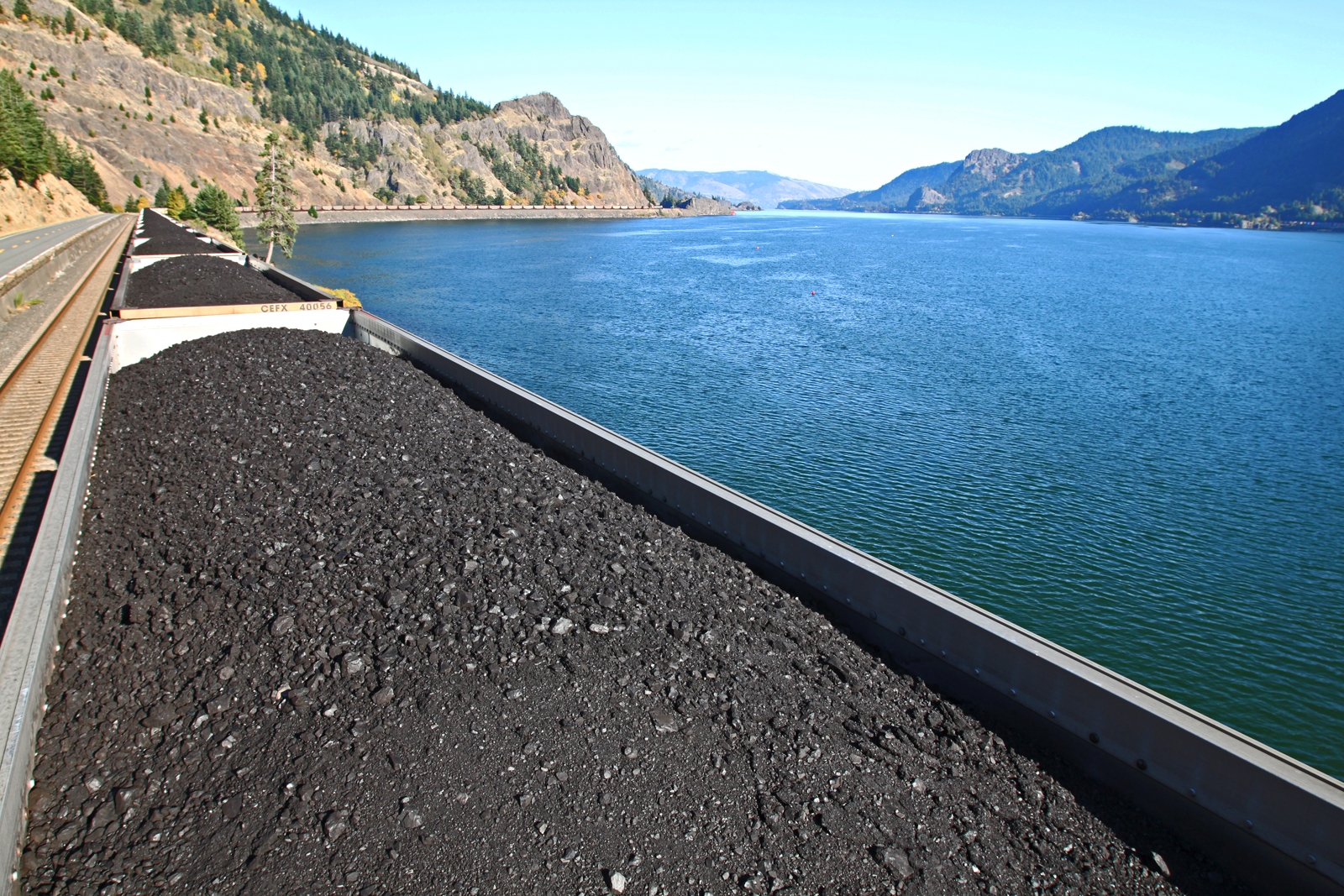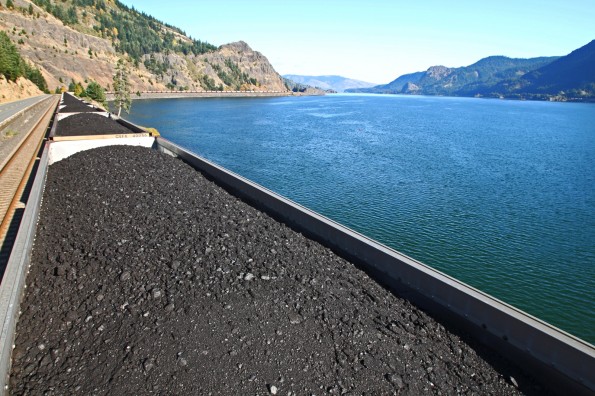After the stock markets closed yesterday, Cloud Peak Energy dropped a bombshell announcement: the company now expects to put all coal exports on hiatus from 2016 through 2018.
Bombshell: Cloud Peak Energy now expects to put all #coalexports on hiatus from 2016 through 2018.
It was shocking news, coming from a company that had long made Asian exports the centerpiece of its growth strategy. But what made the news all the more shocking was that Cloud Peak is actually paying BC’s Westshore terminal NOT to export its coal. From the press release:
Cloud Peak Energy made an upfront payment to Westshore and will make quarterly payments from 2016 through 2018 in lieu of the previous take-or-pay commitments during this three-year period.
So even though Cloud Peak expects to halt all of its exports, the company will continue to cough up millions of dollars in contractual penalties for years. Paying money not to ship coal: that doesn’t seem like a good business model for a coal company, does it?
To be fair, though, Cloud Peak is just doing its best to deal with a series of mistakes it made over the past few years. Back in 2013, when international coal prices were high, Cloud Peak locked in a 10-year contract to ship 4 million tons of coal annually through Westshore. And last year, even though Pacific Rim coal prices had fallen, Cloud Peak doubled down on its export bet, buying additional capacity at Westshore from another coal company that was all too happy to cut its own losses on exports.
Cloud Peak’s port and rail contracts obligated the company to pay stiff penalties if it didn’t ship enough coal through Westshore. And as it turns out, these penalties have been the only thing keeping Cloud Peak coal flowing to Asia. The company’s financial statements show that its export sales have been hemorrhaging red ink since mid-2013. But Cloud Peak was willing to keep losing money on exports, just to avoid the roughly $20 per ton penalty for failing to ship coal.
Cloud Peak is actually paying #BC’s Westshore terminal NOT to export its #coal.
Last quarter, Asian coal prices fell so low that Cloud Peak was losing more money shipping to Asia than it would from the penalties. So the company simply stopped shipping, coughing up $11 million in penalty payments to avoid even steeper losses on exports. And it started negotiating a deal with Westshore to put all shipments on hold.
How are the financial markets responding to the bombshell? They’re actually applauding Cloud Peak. Even though the company has agreed to pay a massive amount of money NOT to receive any goods or services from Westshore, its shares have gained about 4 percent so far today. Clearly, the market is relieved that Cloud Peak has removed the export monkey from its back.
For Westshore, things aren’t nearly so rosy. The company’s shares are down 18 percent so far today and have fallen to an all-time low. Perhaps the markets are recognizing that Westshore’s fundamental business model—shipping coal to Asia—doesn’t have such a bright future after all.











Comments